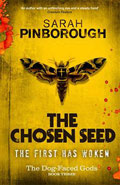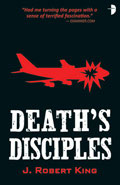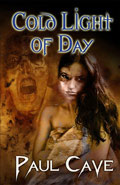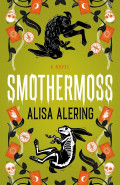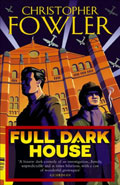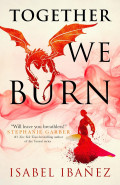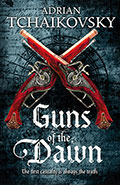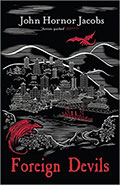The Lost War
By Justin Lee Anderson

- The Lost War
-
Author: Justin Lee Anderson
- Series: Eidyn Book 1
-
Publisher: King Lot Publishing
- ISBN: 9781527244542
- Published: September 2019
- Pages: 548
- Format reviewed: Paperback
- Review date: 17/10/2019
- Language: English
The first in the Eidyn series, The Lost War begins its story part way through, in the aftermath of a ruinous war for the kingdom of Eidyn. The location of the opening scenes, in a tavern no less, and the easy interplay of two of the main characters Aranok the draoidh and Allandria, his bodyguard and partner are familiar fair. Their rescue of the apprentice blacksmith, Vastin feels contrived and cliched, which may give a reader pause. Those comfortable with similar stories and used to more of the same might press on, whereas others looking for something different might not.
Should a reader choose the latter path, they would miss out. The Lost War improves dramatically after the opening with Aranok’s role and purpose as the King’s Envoy firmly established in a meeting with the new king, Janaeus. Aranok’s mission is clearly laid out, warnings are given and as the chapters progress a disparate band of individuals join him on his quest.
A strength of Anderson’s book is his differentiation of characters and his ability to deliver a set piece. The group of adventurers who eventually come together along with the supporting cast of people they meet along the way are easy to distinguish from one another. Egretta the nurse is a particularly good example, with her waspish qualities carefully worked into the scenes in which she is present, as is Glorbad, the veteran warrior, who finds his bad qualities bringing out the bad qualities in Aranok as they journey together.
Additionally, scenes where the adventurers deal with the Blackened and discover the larva demon enemies are fraught with risk and tension.
Anderson is also not afraid to murder his cast. Several jolting deaths occur, providing substantial grit to the plot grind. The core characters never feel entirely safe as they journey through the realm, attempting to fulfil their orders, disobey their orders and get distracted by side quests along the way.
This touches upon the difficulties of the novel. The Lost War is a sprawling work. Whilst the Campbellesque call to adventure is given, the characters don’t always follow the path. In fact, they diverge from it an awful lot, calling into question the purpose that sent them adventuring around the countryside in the first place. Anderson has acknowledged the roleplaying roots of this story and whilst this might be more than acceptable in a weekly game’s night, it stretches plausibility for readers of the book. If the mission had been stuck to, the weighty, 550-page tome might have come in around 350 pages or so and been all the better for it. Many of the scenes might have been reworked into another story.
At times, there are also one or two modernisms that jar and some elements, like the use of magic, that feel a little too mechanically constructed. The mythic quality of magic is not really as evident as it might be amongst our protagonists but does linger around their adversaries. Less systemisation would certainly help here.
Nevertheless, Anderson does continue to provide plot twists and surprises throughout the novel, leaving you guessing over what is actually transpiring in the kingdom and who is behind all the murders and strange events.
As a main character, Aranok is no Gandalf or Allanon, but he does come across as believable in his world. Both Tolkien and Brooks tended to keep their wizards at arm’s length, making them chief supporting characters so as to lend them an air of mystery. Aranok is more of a fully formed Pug-like character, akin to Raymond E. Feist’s protagonist or Brooks’ Walker Boh in The Druid of Shannara. Aranok knows enough about magic to be empowered, but continually discovers more and finds the assumptions he has made are wrong. His arc could be improved a little as he tends to blame himself and act impulsively despite his authoritative position and demeanour without seeming to learn from these mistakes.
In general, The Lost War is a good read. The accessible and familiar qualities mean it is easy to put down and pick up, which is something of a refreshing change from the moreish fast paced action novels that are often published in the fantasy genre these days.
Written on 17th October 2019 by Allen Stroud .


